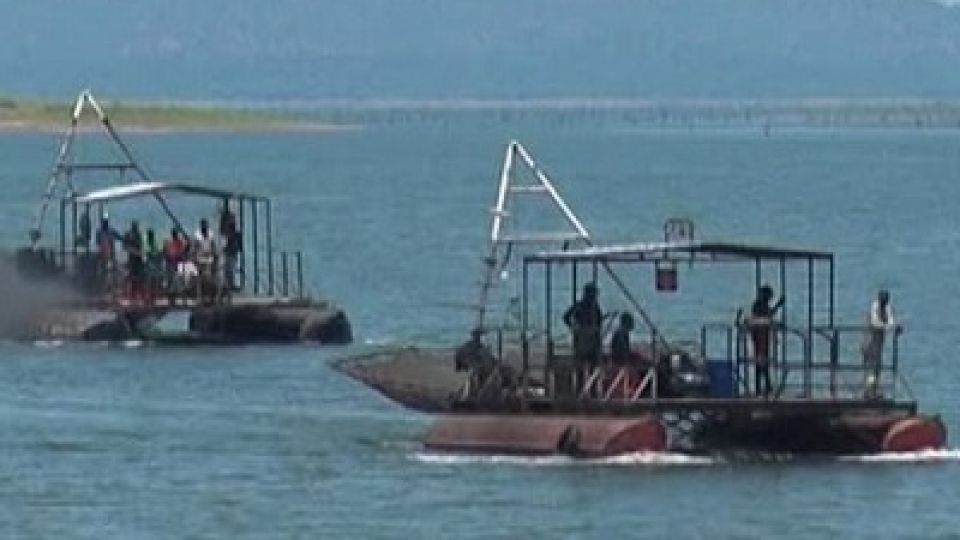from PRECIOUS MWAMBULA in Siavonga, Zambia
Zambia Bureau
SIAVONGA, (CAJ News) – RISING costs of fuel, lack of capital and competition against bigger companies are pushing small scale fish farmers in the iconic Lake Kariba out of business.
The latter’s future is under threat in this historic region between Zambia and Zimbabwe, where the world’s largest man-made water reservoir lies.
Kapenta fishers in the Siavonga town, south of Zambia, are bearing the brunt.
Fined Mutempa, Kapenta Fishing Association chairperson, has appealed for intervention by the government of President Haikande Hichilema.
He lamented that lack of capital was a challenge for small-scale fish farmers as it put them at a disadvantage with bigger companies in the sector.
Among the dominant farmers are Yalelo and Zamfresh.
Mutempa appealed to the government for soft loans to enable peers to stay afloat and construct fish ponds.
Patrick Benzu, a kapenta fisherman, lamented the high cost of fuel pump prices as a challenge to fishermen.
He said the commodity was beyond the reach of the small-scale fish farmers.
Benzu appealed to the government to consider reducing fuel prices, also at a time of the high cost of living in Zambia.
Besides the sector being a business, fish provide food security in the Southern African country of Zambia.
Muyangali Kagoli, Principal Fisheries Officer at the Department of Fisheries, encouraged fish farmers to add value to their business and be innovative in order to compete with other farmers if they are to be relevant to the market.
“Fishermen have to enhance methods like fishing in shallow waters so that they don’t disturb the breeding process,” he further advised.
Kagoli further advised fishermen to use proper nets, and avoid other traditional methods of fishing contravening the Fisheries Act 22 of 2011.
– CAJ News

